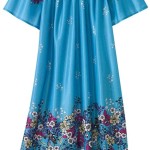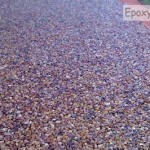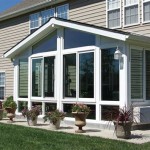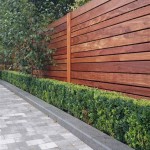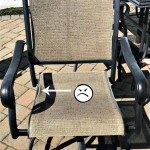Porcelain Tile for Outdoor Patios
Porcelain tile is a popular choice for outdoor patios due to its durability, low maintenance, and aesthetic appeal. It is made from a mixture of clay, feldspar, and quartz that is fired at high temperatures, resulting in a dense and non-porous material that is resistant to water, stains, and fading. Porcelain tile is also available in a wide variety of colors, patterns, and textures, making it easy to find a style that complements your home's exterior design.
One of the biggest benefits of porcelain tile for outdoor patios is its durability. It is highly resistant to wear and tear, making it a good choice for high-traffic areas. Porcelain tile is also resistant to staining, fading, and scratching, so it will maintain its appearance for years to come.
Another benefit of porcelain tile is its low maintenance. It does not require sealing or waxing, and it can be easily cleaned with a mild detergent and water. Porcelain tile is also not susceptible to mold or mildew, making it a hygienic choice for outdoor patios.
In addition to its durability and low maintenance, porcelain tile is also aesthetically appealing. It is available in a wide variety of colors, patterns, and textures, so you can find a style that complements your home's exterior design. Porcelain tile can also be used to create custom designs, such as borders, medallions, and mosaics.
When choosing porcelain tile for your outdoor patio, it is important to consider the following factors:
- Thickness: Porcelain tile is available in a variety of thicknesses, from 1/4 inch to 1 inch. The thickness of the tile will determine its durability and strength. For outdoor patios, a thickness of at least 1/2 inch is recommended.
- Porosity: Porcelain tile is a non-porous material, which means that it does not absorb water. This makes it resistant to staining and fading, and it is also easier to clean.
- Frost resistance: Porcelain tile is not frost resistant, so it is important to choose a tile that is specifically designed for outdoor use. Frost-resistant tiles are less likely to crack or break in cold climates.
- Coefficient of friction: The coefficient of friction is a measure of how slippery a surface is. A higher coefficient of friction means that the surface is less slippery. For outdoor patios, a coefficient of friction of at least 0.6 is recommended.
Once you have considered these factors, you can choose the porcelain tile that is right for your outdoor patio. Porcelain tile is a durable, low maintenance, and aesthetically appealing choice that will provide years of enjoyment.

Advantages And Disadvantages Of Porcelain Pavers

Tiling The Complete Guide To Choosing Best Outdoor Tile

Creating Gorgeous Patios With Outdoor Porcelain Tile

Porcelain Pavers For Pool Decks Driveways And Patios

Beige 60cm X Porcelain Patio Tiles The Outdoor Look
Is Porcelain Tile A Good Choice For Patio

Ignite Patio Paradise Dreams With These Porcelain Pavers

Outdoor Tiles And Pool In Connecticut Tile America

Laying Porcelain Tiles Outside Tools And Best Practices

Can I Use Porcelain Tile Outdoors Fizzano Brothers Concrete Products

